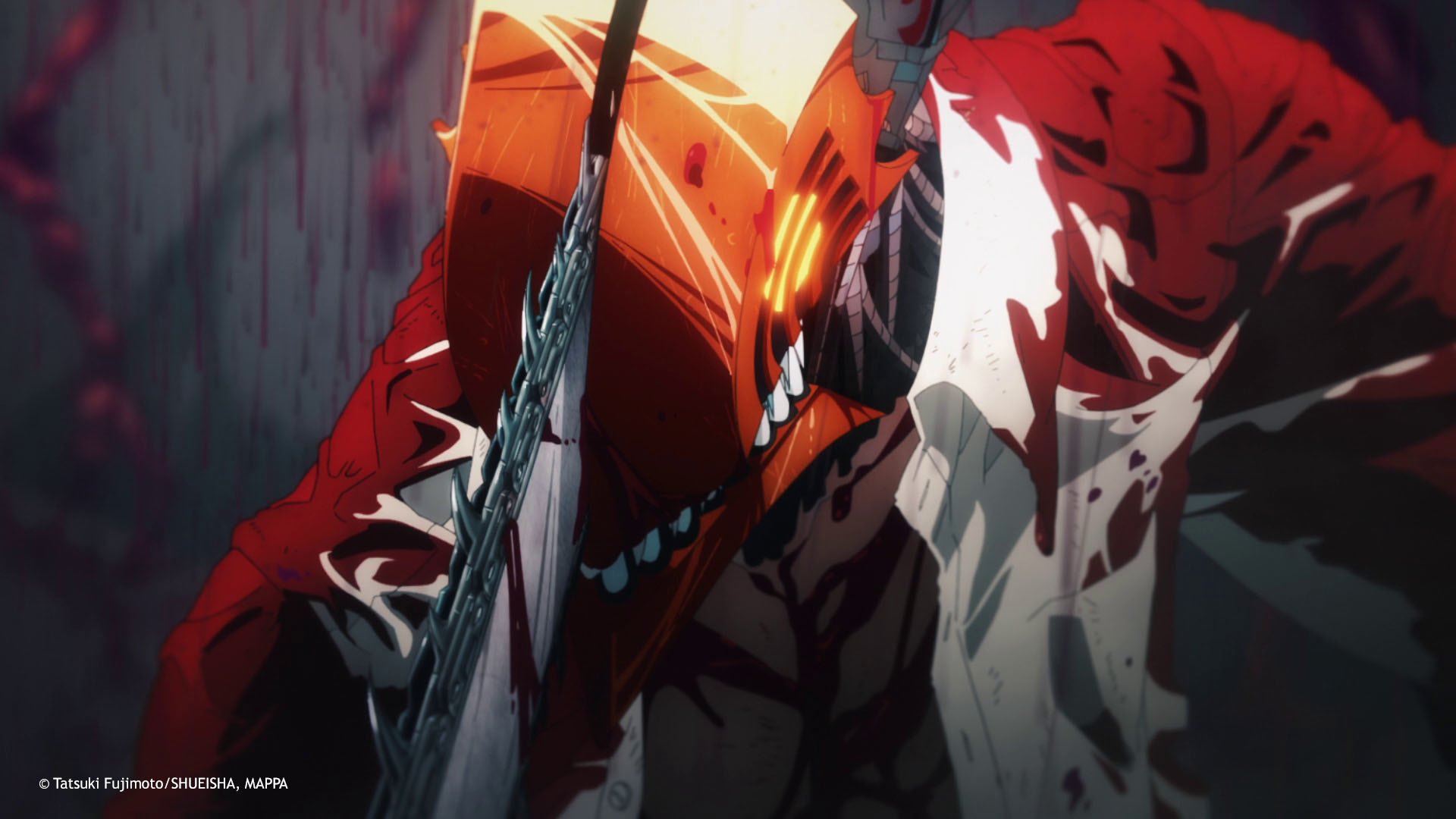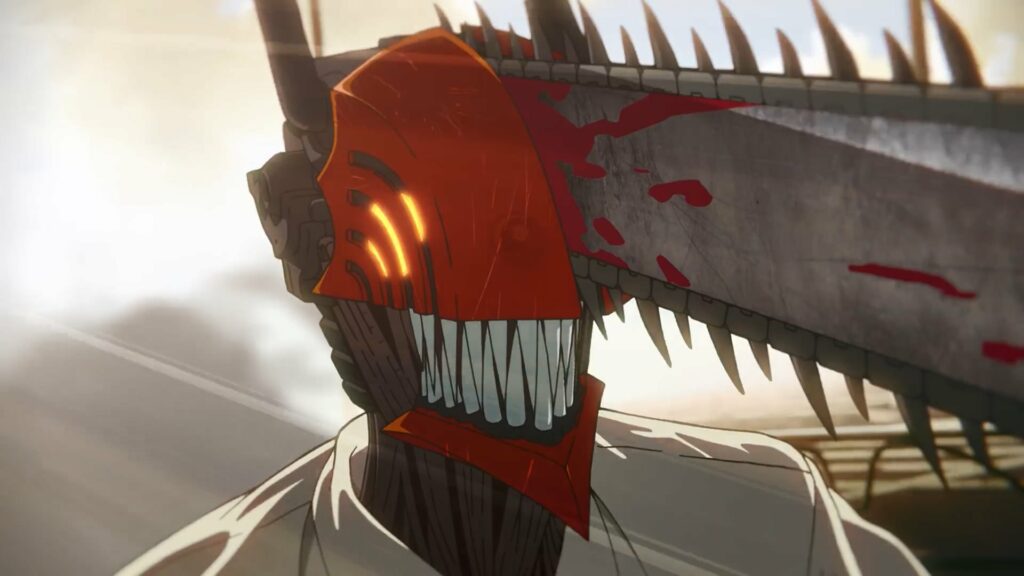At the recent UN Human Rights Council session, representatives from Saudi Arabia, Iran, Indonesia, and Pakistan submitted a joint statement urging the regulation of Japanese anime on international streaming platforms. They claimed that anime spreads “moral collapse,” pointing to shows with sexualized characters, rebellion against authority, and LGBTQ+ themes as proof of cultural corrosion.
The demand sent ripples through global political and entertainment sectors. While the proposal is non-binding, the countries requested a formal review by the UN’s children’s rights division, arguing that anime, in its current form, threatens “spiritual and ethical harmony” in their societies.
Moral Crisis or Cultural Intolerance?

The coalition specifically targeted mainstream hits such as Attack on Titan, My Dress-Up Darling, and Chainsaw Man, labeling them as “vehicles for promoting Western individualism and deviance.” The Organization of Islamic Cooperation (OIC) echoed the sentiment in a follow-up press release, warning of “a new cultural imperialism masked as entertainment.”
In contrast, Japan’s ambassador to the UN defended anime as “a legitimate cultural export,” noting its artistic diversity and universal themes. “To vilify an entire art form is to misunderstand the power of storytelling,” he said. The Japanese Ministry of Foreign Affairs emphasized that each nation has the right to enforce its own content standards, but urged the UN not to set global precedent based on specific theocratic norms.
Artists and fans quickly mobilized online, calling the demand “a step toward cultural censorship.” Many pointed out the irony of banning fictional content while real-world issues like poverty and oppression remain under-addressed. Others argued that anime’s popularity in Muslim-majority countries contradicts the idea of cultural harm, citing fanbases in Malaysia, Egypt, and Turkey.
Digital Frontlines and Global Fallout

Major platforms like Crunchyroll, Netflix, and YouTube declined to comment on the matter directly but confirmed they had not received formal regulatory guidance. Meanwhile, activists across social media used hashtags like #AnimeIsNotHaram and #SaveAnime to express resistance to religious-based censorship.
Some religious scholars voiced concern about lumping all anime into a single moral category. A moderate cleric from Jordan told Al Jazeera that while certain content may clash with Islamic values, anime as a medium is too broad to condemn wholesale. “Condemn the vice, not the vehicle,” he said.

Cultural critics note that this standoff is not just about cartoons—it reflects a deeper struggle between universal content access and national or religious content controls. While the UN has not announced any formal review, internal sources suggest that debate over digital media standards is gaining urgency.
As anime becomes increasingly global, this conflict signals a rising call to define cultural boundaries in the streaming age—one where no country can control content without confronting worldwide backlash.




